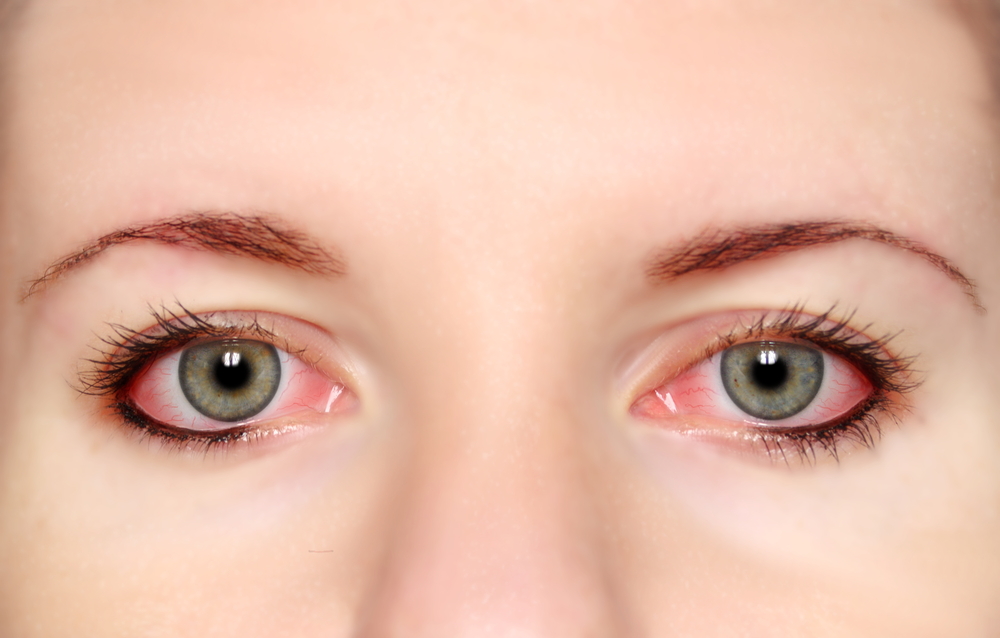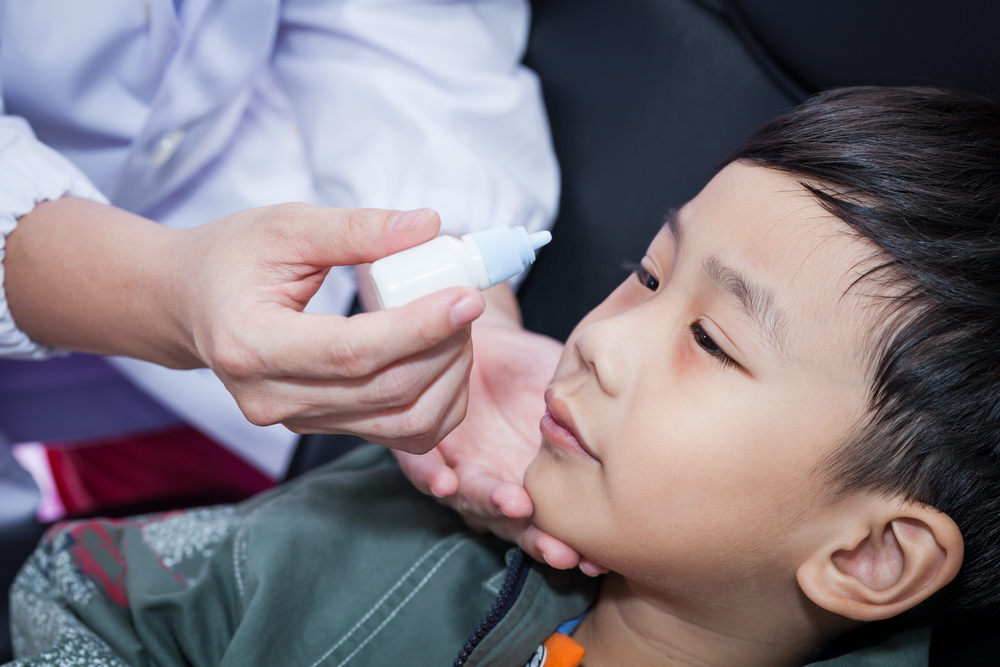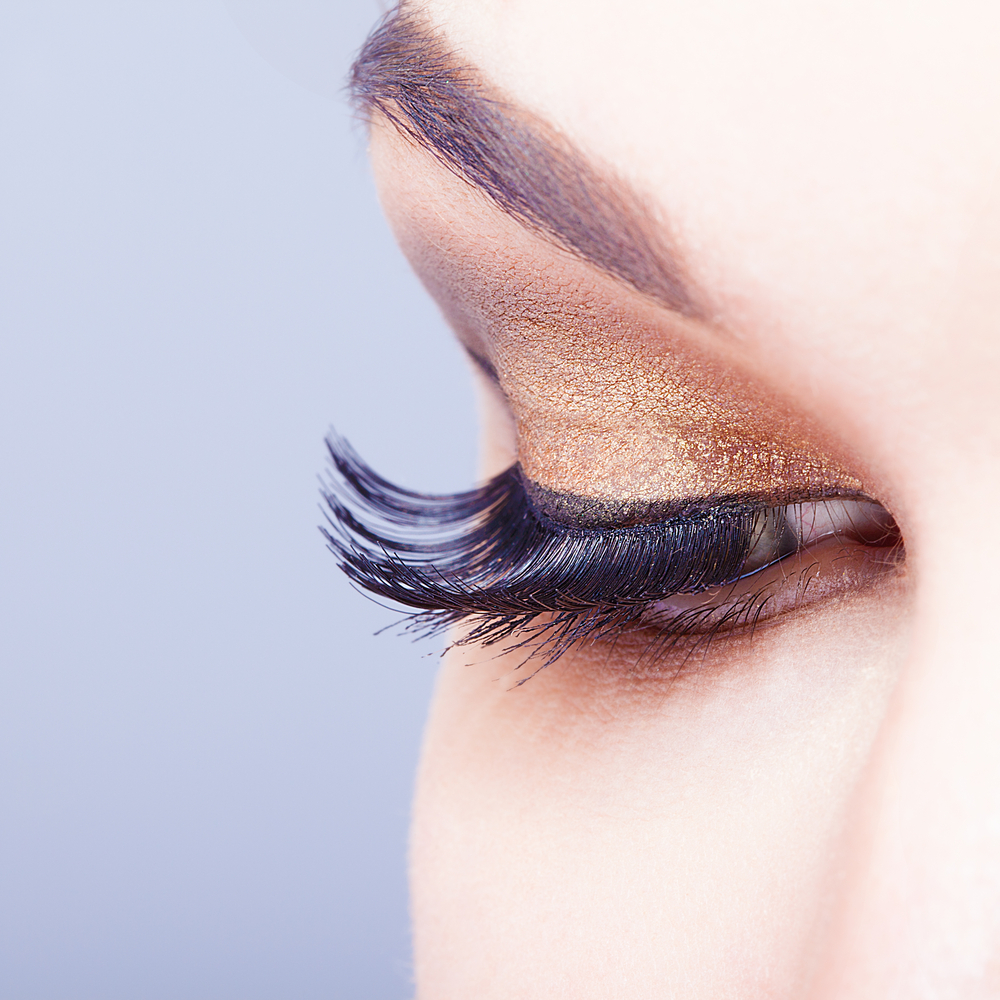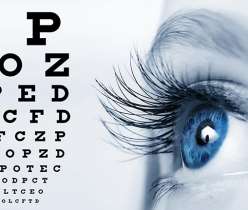Allergic conjunctivitis is a condition that occurs when your eyes come into contact with mold spores or pollen. The symptoms of allergic conjunctivitis can be itchy, red and watery eyes. It is a common condition and affects millions of people.
Allergies often run in families, and it affects around 10% of the population. It affects people of all age groups, but they are more common in kids and teenagers. The inside of the eyelids and the eyeball covering have a membrane that is known as the conjunctiva. It might get irritated due to allergens, and this leads to the condition called allergic conjuctivitis.
Allergic conjunctivitis Types:
There are two types of allergic conjunctivitis:
Acute allergic conjunctivitis – It is a short-term condition, which is more prevalent during allergy season. There might be itching, burning and swelling of the eyes. Seasonal conjunctivitis happens at the same time every year. The symptoms last a couple of weeks and vary as per the pollen count. The amount of pollen in the air is often published in weather forecasts.
Chronic allergic conjunctivitis – It can occur all through the year and is a response to some allergens such as dust, animal dander, and food. Your eyes may experience itching and burning when faced with this condition.
Allergic conjunctivitis Cause
Allergic conjunctivitis happens when the body is trying to protect itself against a potential threat. The allergens cause the body to produce histamine, a chemical to get rid of foreign invaders. Here are some substances that lead to this reaction:
- Household dust
- Mold spores
- Pollen
- Chemical scents
- Animal dander
Some people also suffer from the condition as a reaction to certain substances or medications that are dropped into the eyes. People who suffer from allergies are more at risk of developing allergic conjunctivitis.
Symptoms of Allergic conjunctivitis
Most people with the condition experience the symptoms in both the eyes. These signs may appear quickly, immediately after the eyes have come in touch with the allergens. The symptoms of allergic conjunctivitis may take two to four days to go away completely. Some people may also feel pain in one or both eyes. If the eyes have turned red and are painful, you must visit a doctor as soon as possible.
Allergic conjunctivitis Diagnosis
To diagnose, your doctor will test your eyes and check your allergy history. Your doctor may ask you to go for some tests such as skin allergy test, blood test, white blood cells test.
Allergic Conjunctivitis Treatment
To treat allergic conjunctivitis at home, you need to adopt some preventive measures. To limit your exposure to allergens, you can take the following steps:
- Close windows when the pollen count is high
- Keep your home dust-free
- Use an indoor air purifier
- Avoid exposure to harsh chemicals, dyes, and perfumes
Also Read: Know about the possible eye disease symptoms
To get relief from the symptoms, refrain from rubbing the eyes. Using a cool compress on the eyes can also help bring relief from itching and inflammation. In some severe cases, your doctor can prescribe an over-the-counter antihistamine, anti-inflammatory pink eye medicine, or another kind of eye drops to ease the symptoms. Avoid rubbing your eyes. It can cause the inflammation to become worse.
If you wear contact lenses, do not wear them till the allergic conjunctivitis symptoms have completely gone away. If you have used any medication on your eyes, wait for at least 24 hours before wearing your lenses.
Patients, those who are looking for quick relief benefit from taking antihistamines that block the effects of the histamines that are released by the body when the immune system reacts to an allergen. Generally eye drops work well to keep the symptoms away. Bathing the eyes in cold water may also help ease the symptoms. You do not need any treatment if the symptoms are mild.
Also Read: Select the right eye lenses after research
Symptoms of allergic conjunctivitis can be very irritating and unpleasant. It can disturb your normal day to day functioning. However, and it does not have any long-term effect on the health of the patient. With the right treatment, you can get relief from the symptoms. However, if you are exposed to allergens, there might be a recurrence of the symptoms.





